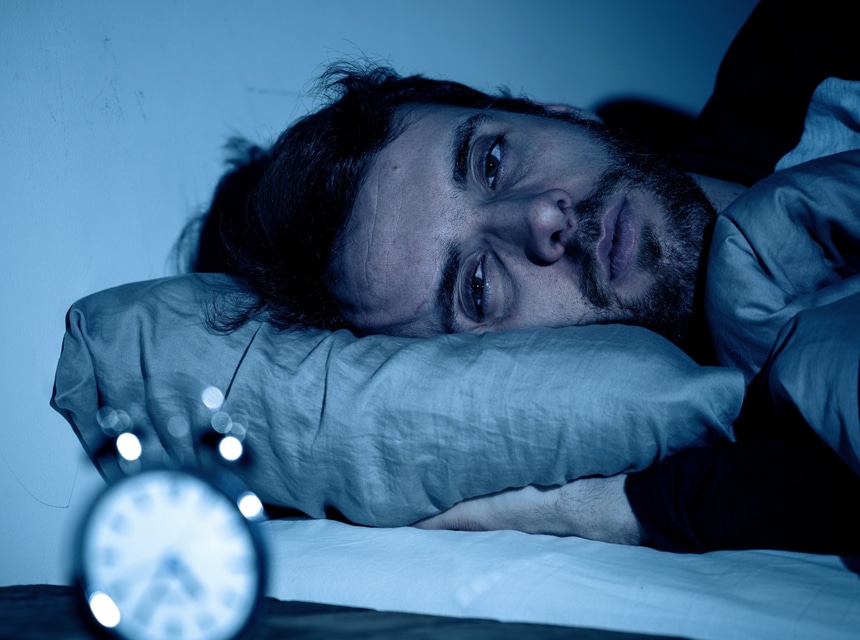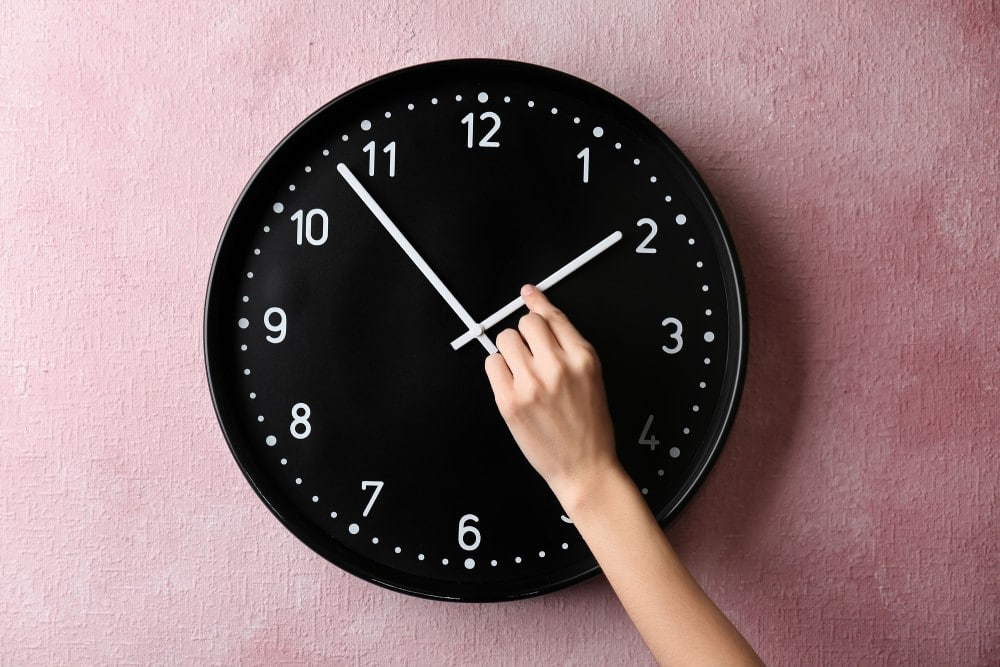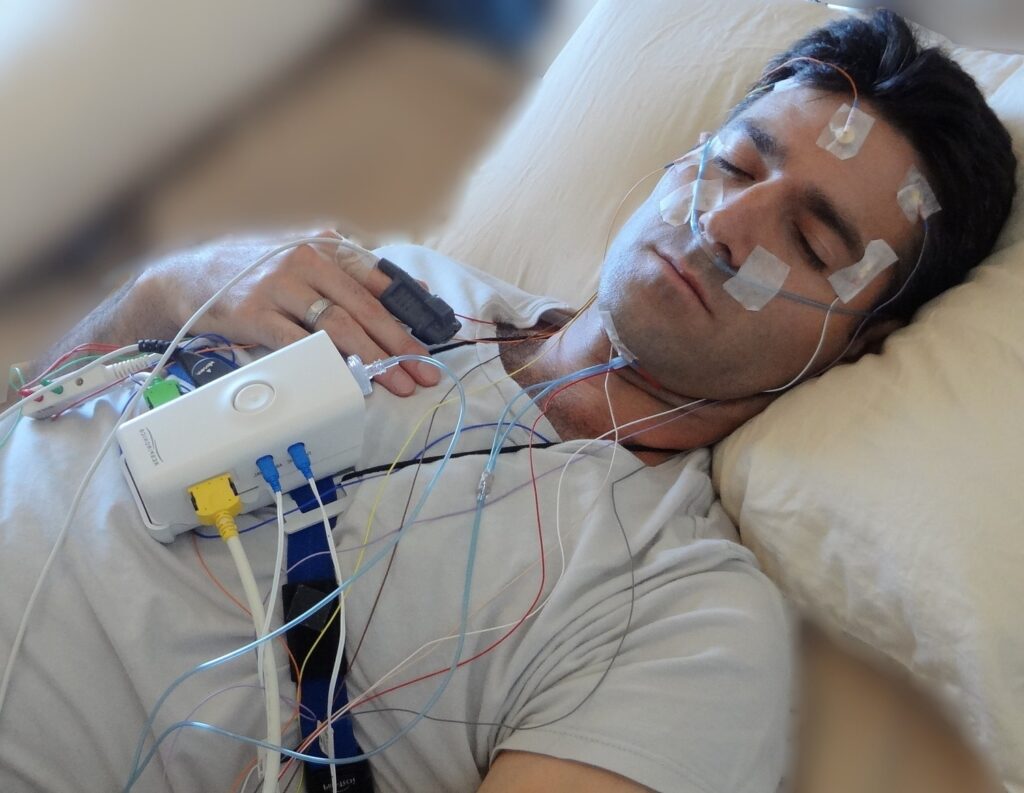

A new study led by a Houston professor has shown that missing out on sleep can cause such drastic emotional function effects on children, it may cause them to struggle with social problems as they grow up. This study is an important step towards understanding the need for further understanding in this area of sleep understanding, particularly in relation to human emotional and social development.
The study performed in Houston is said to have shown that inadequate amounts of sleep in children can cause their emotional functioning to be affected in such a way social problems down the line can be predicted – but how did they gather this information?
The study was conducted by Candice Alfano, professor of psychology at the University of Houston. The University Trusted Source Lack of Sleep Increases a Child’s Risk for Emotional Disorders Later | University of Houston When asked how lack of sleep affects emotions, common responses are usually grumpy, foggy and short-tempered. uh.edu is a non-profit organization that receives funding from the state, which was last known to be 22% of their budget. As well as teaching students, the University is passionate about performing research that can change lives, including this sleep study.
The question driving this particular scientific venture was – why is there a link between sleep problems in children, social struggles, and more issues with peer relationships?
Professor Alfano suggested, based on work she had previously done, that there could be some answers to this question in the facial expressions of children when they are tired. Based on her hypothesis, she created a study to test her theory. The study involved 37 children aged 7-11 who did two emotional assessments in a laboratory environment. The first study was when the children had been provided adequate amounts of sleep; the second was when they had two nights where they had inadequate amounts of sleep. The amount of sleep recommended Trusted Source How Much Sleep Does My Child Need? | The Sleep Charity While there is no hard and fast rule, the general guide is toddlers need around 12 hours of sleep a night; children aged three to six – 10-12 hours; seven-12 years olds – 10-11 hours; and teenagers – around eight to nine hours. thesleepcharity.org.uk for children of that age group is 9-11 hours. However, the study may have also created sleep disturbances that broke up the night, which also caused sleep deprivation and a reduction in overall sleep quality.
The assessments involved a range of tests, including their responses to ‘universally’ positive and negative images on a screen while their facial expressions were recorded. Positive images could be puppies or chocolate; negative images could be getting sick and angry pets.
Once these assessments were done, the children’s parents would then provide information about the child’s social functioning during the initial study period and two years later.
The results of the study were found to support the professor’s hypothesis. Children in the study who showed less positive facial expressions overall when they saw the positive images following disturbed sleep had more social problems two years later. This is even when social problems earlier on were identified and worked on.
Interestingly the study did not show that sleep-based facial expression changes and social challenges were occurring at the study time. However, the professor suggests this could well be because when children are younger (the age they were when doing the tests), actions like sharing toys are often more important than facial expressions when it comes to making friends. However, as you get older, the way you express yourself emotionally has more gravitas and becomes more critical. The information you provide with your facial expressions lets others know how you feel and affects how they feel too.
We now know that sleep loss takes a real toll on a major tool for social relationships – facial expressions. However, the results have also suggested that more work needs to be done to understand the relationship between inadequate sleep in children and the impact that has on social relationships down the line.





